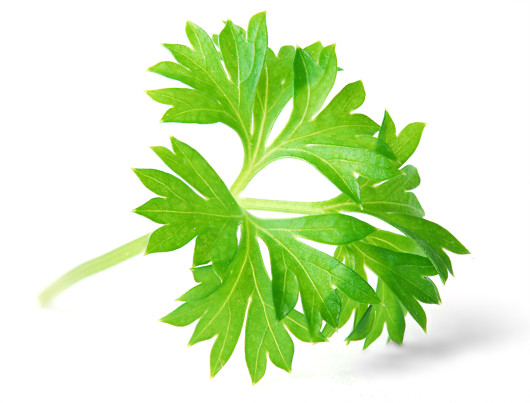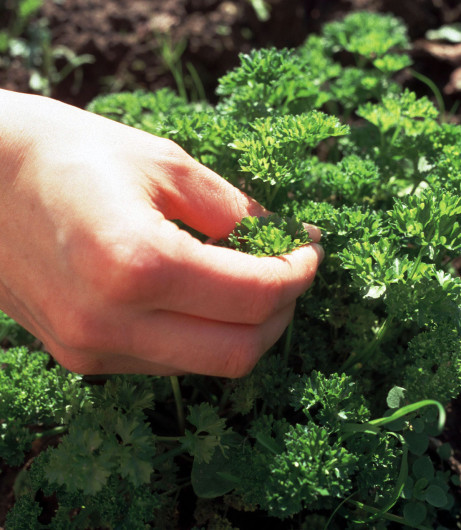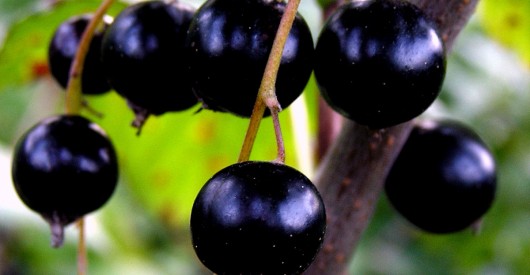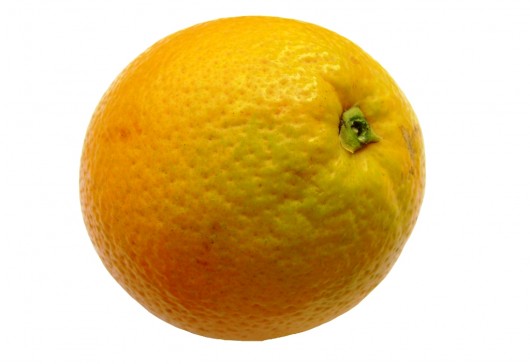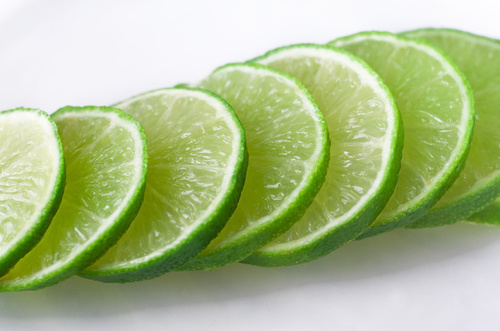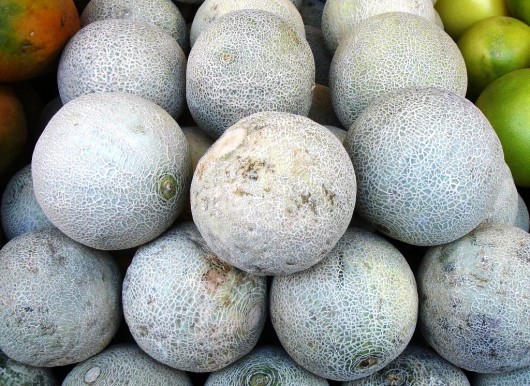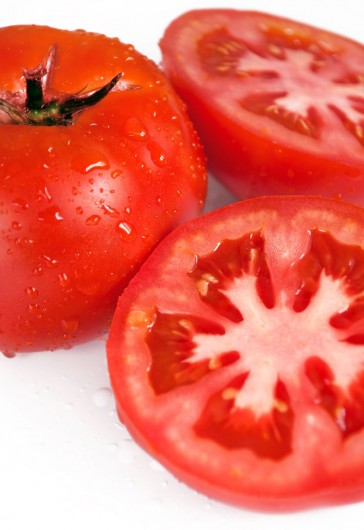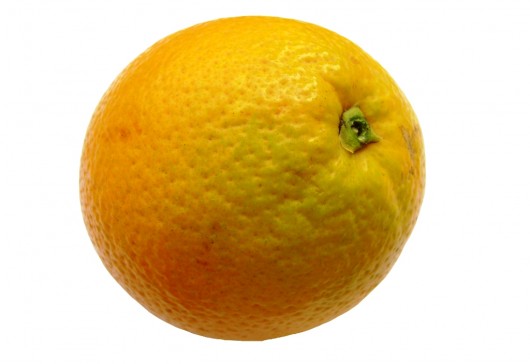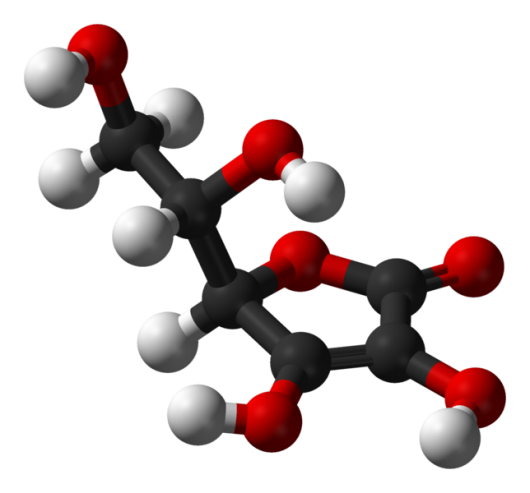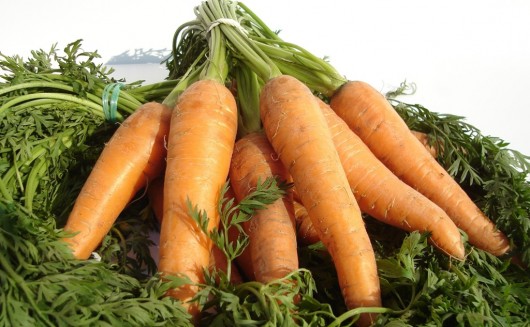Parsley – Herb,Spice,Vegetable and Medicinal Plant, 10 Reasons Not To Miss It
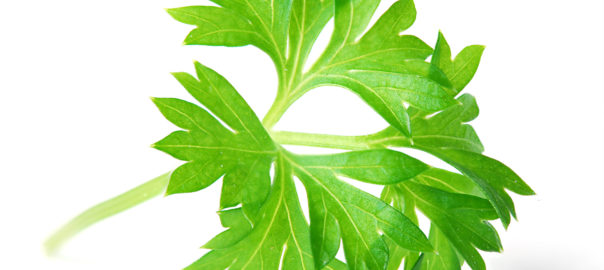
What Is Parsley?
You’re probably most familiar with parsley as that swig of green on top of your favorite casserole. If you’re only using parsley as a garnish, though, you’re selling this versatile herb short. Parsley can be used as an herb, a spice, a vegetable and a medicinal plant.
Parsley belongs to the family Apiaceae, and is related to such other culinary herbs as dill, fennel, cumin, caraway and anise. There are three varieties of parsley:
• Curly parsley, sometimes called French parsley, which has a slightly bitter taste, and is mostly grown as an ornamental.
• Flat leaf parsley, or Italian parsley, which is the herb most often used in cooking.
• Hamburg parsley, which is grown for its root and is a common ingredient in Eastern European cuisines.
Parsley is chock full of vitamins and minerals, including vitamin A, vitamin K, several B vitamins, iron, calcium, potassium, magnesium, copper and iodine. Parsley has more vitamin C per gram than most citrus fruits, with 166mg per 100g (4oz), which is three times as much as an orange. Parsley also contains more beta-carotene than a large carrot.
Why Is It a Superfood?
Parsley has been elevated to the pantheon of superfoods because it’s packed with nutrients that team up in synergistic ways. Parsley’s B vitamins work together to revitalize your nervous system functions, which makes the herb a great stress reducer. Vitamin C is a powerful antioxidant, essential to over 300 bodily functions.
Parsley, the Stress Reducer and Other Health Benefits
Parsley can be used to maintain health and to combat specific illnesses.
- Parsley is one of the best breath fresheners around, instantly ridding your mouth of unwelcome memories of that garlic pizza you had for lunch.
- The Vitamin C in parsley boosts your immune system, safeguarding against colds and other types of infection.
- Vitamin C is also a powerful anti-inflammatory, which means parsley can reduce the pain and joint stiffness associated with arthritis.
- Vitamin C also assists with calcium absorption, which means parsley promotes bone and tooth health.
- Parsley is a natural diuretic that can help prevent water retention and bloating. It flushes out the kidneys by stimulating urination. It can also help heal bladder and urinary tract infections.
- Parsley has been used to help relieve menstrual cramps as far back as the Middle Ages. The secret ingredient? An essential oil called apiol that is still a widely used folk medicine to treat amenorrea. In fact, pregnant women should not eat parsley because it can induce miscarriage.
- Since the times of the ancient Greeks, parsley has been used as a digestive aid. Though no scientific evidence has yet confirmed these results, parsley has been used for centuries to eliminate excess gas and stimulate bowel movements.
- Parsley contains flavonoids, and flavonoids have anticarcinogenic properties.
- Parsley also contains an essential oil called myristicin, which has been found to inhibit tumor growth in animal studies.
- Parsley contains large quantities of the B vitamin folic acid, an essential nutrient that slows the arterial wall thickening characteristic of atherosclerosis. Folate also reduces levels of homocysteine, an amino acid that increases the risk of heart attacks, blood clots and strokes.
How To Take Parsley
When used for medicinal purposes, parsley is most often juiced. Alternative health care practitioners recommend drinking no more than two ounces of parsley juice every day.
Parsley tea can also be brewed from either the fresh or dried herb. The recommended serving is six ounces a day.
Parsley is also available in supplement capsule form. The safest supplements are those made from dried parsley. Refer to the label for dosing information.
The ingestion of parsley oil is controversial. While some sources say it promotes optimal health, other sources point out that the active ingredients in parsley oil, myristicin and apiol, can be toxic to the liver and are a known abortifacient. Individuals taking diuretics, blood thinning medications and lithium are cautioned to avoid taking parsley in large amounts as a health supplement, though small amounts in food carry no risks.
Here is a cool recipe for making parsley juice. Since parsley has a very strong taste it is usually added to other juices. This one teaches you how to make carrot, apple and parsley juice (don’t mind the scary music :) ).
http://www.youtube.com/watch?v=pOfsTL2PKxc
